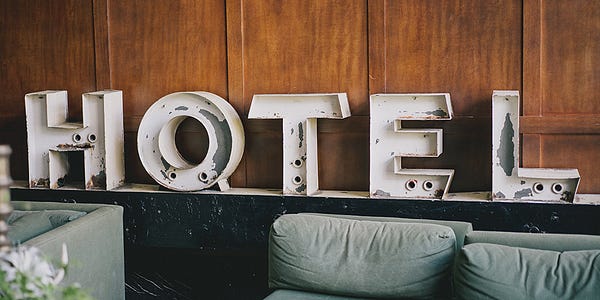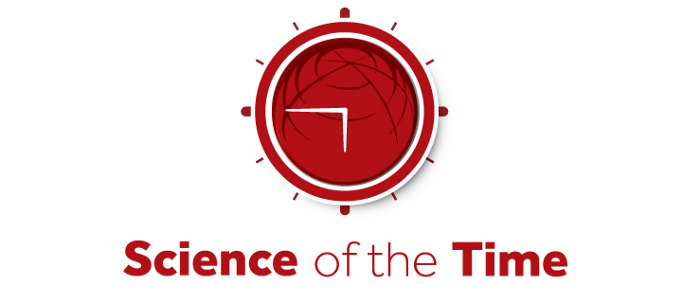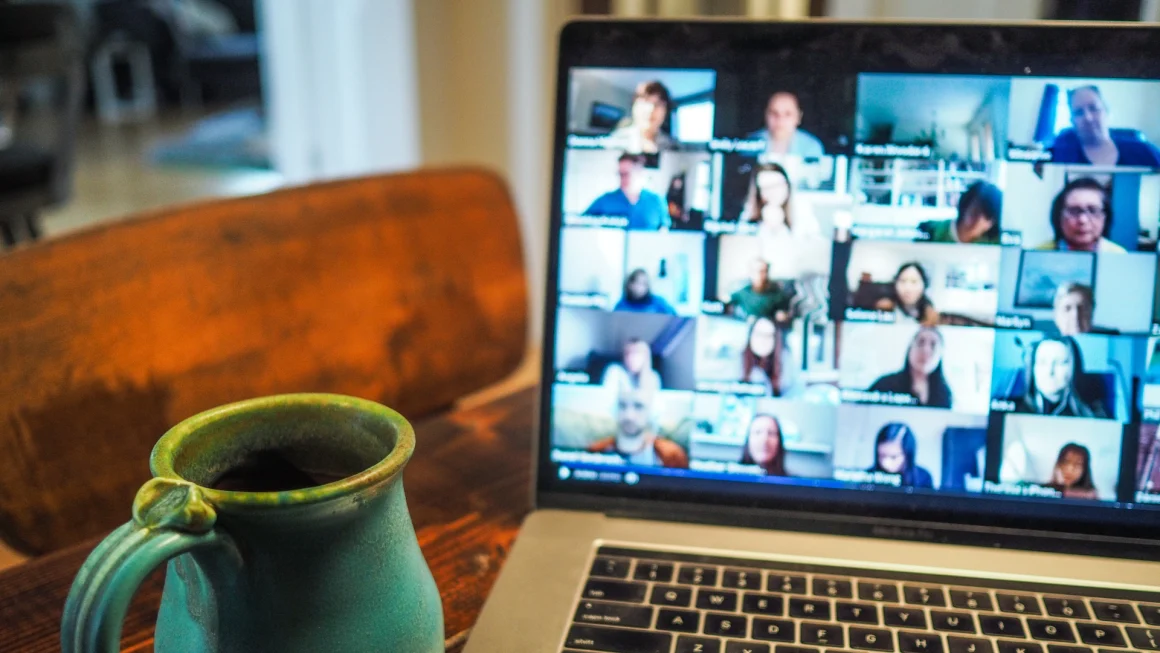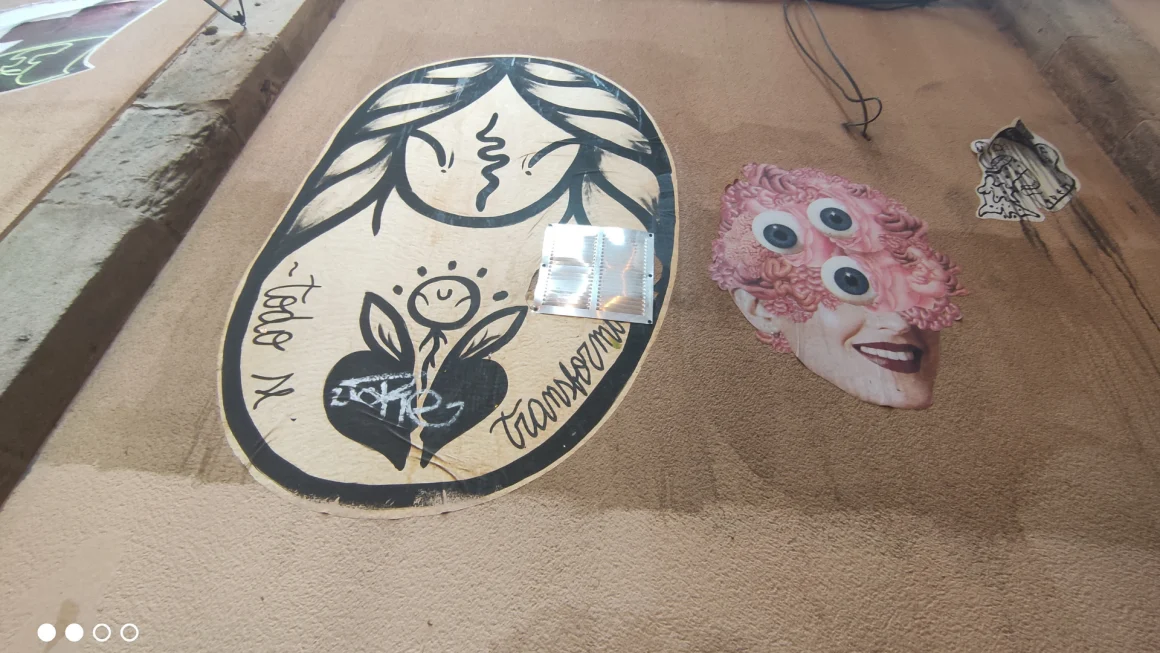An interview witch Toni Mascaro
Toni Mascaro is the most creative and systematic consultant in the sophisticated Spanish hospitality industry when it comes to increasing sales. Here an interview to prove so.
Who are you?
Enthusiastic curious, sometimes even child-like dreamer. Open-minder entrepreneur. Passionate Barcelona lover, where I am born. Founder of eMascaro. There we build projects that combine creativity, innovation and technology — to help Spanish hospitality industry. We help our clients to earn money, but within eMascaro we also have this super-curious lab, where earning money comes second after raising interesting questions — regarding AI and Internet of Things (IoT) for instance — and search for even more interesting answers.
At the business side of eMascaro we focus on creating projects that facilitate the tourist sector to sell directly via their own websites. It is not only about hotels, it is also about other tourist-related subjects, from emphasizing the coolness of certain regions, including its apartments for sale, up to the attractiveness of certain golf courses. We don’t do the big hotel chains and focus instead on the middle range chains and the boutique independents. Actually, we help all tourist destinations that want to reap more revenues via their own websites. We’ve reaped many awards in the market and I am proud of them, because Spain is an expertized sophisticated market with a strong eco-systems of providers and companies. So when you are appreciated here…
It is not so much that we create websites. We create the strategies behind them. There is the content, the comments management, the booking engine, the newsletter, the loyalty program and of course the relationship with big intermediaries like Booking and Expedia. You have to synthesize them all into one powerful strategic vision, fully aligned with the characteristics of the hotel. To reach that aim we work with a multi-disciplinary team at eMascaro consisting of designers, developers, social media-experts, marketers and increasingly AI-professionals. In total twenty people. For instance, we have helped Mallorca how to raise revenues in their low-season months. Cycling experiences are on the rise there now. In mountainous Andorra we work on the same question. Delivering cycling experiences won’t be the answer there. You must understand the characteristics of the hotel, the area, the target groups — and take it from there.
How do you work? What’s your methodology?
Very often the key aim is how to sell more from your own website. In the first echelon we then assess the quality of the destination as a whole (1), the quality of the product itself, mostly the hotel (2) and the quality of the actual location (3). These are the three main dimensions on which potential guests or clients start looking and searching.
In the second echelon we assess the quality of the website (1), of the booking engine (2), of the revenue streams as they are (3), of the staff’s talent and capabilities (4) and of the hotel’s presence at big search factories like Booking and Expedia (5). When you are hit it right on all these dimensions, chances are good that you are able to make more revenues by selling via your own hotel website. These are the key determining factors, though there are more or less influential echelons, like loyalty programs. They are the soft spots that must be touch upon with the tourists that are your potential clients and guests.
What is the next step? Learning more about the characteristics of you potential clients and guests?
Yes. And there Pareto’s 20/80 per cents rule applies. How does 80% of all people search and find a hotel these days? They go to Expedia or Booking and start their search. They copy and paste the name of the hotel they consider to book. Then they google it, hoping for a better price or services. Only when you have a good and easy-to-find hotel website you have a good chance they make the reservation there, do the sale there. It’s called the billboard effect.

And then there is the other 20% of the market. Don’t underestimate them, as they are the mature travelers, often somewhat older and therefore with more money to spend. They are expertized, know the brands and, crucially, know what they want. They often read comments in general but also specialized traveler’s blogs. When it comes to booking a hotel, they prefer to rely on their own social networks and the recommendations of friends there. Are they in poetry they want a hotel that oozes poetry or and/or where famous poets had residence. Are they in sports they want hotels-in-the-know regarding their specific sport. Even more so when they are training for a triathlon. Also gays have specific desires. And those deep into sustainability, veganism, ultra-boutique luxury or excellent co-working places. Regarding such specific wishes Booking or Expedia don’t bring you far. Your relevant WhatsApp group instead does. That’s where you listen to a relevant friend’s recommendation. And trust it. The future therefore looks bright for ‘specialized experience’ hotels that manage to tap into their right target groups by connecting to them over the channels where they gather. Yes, it is ‘only’ the 20% market, but there is more than 20% of the money going around. If you want to go for these 20% you need to distinguish yourself, radiate something different. That is why the capabilities and the quality of the staff here are so important: talent, talent, talent. But before the guest will meet them, the hotel website must draw them closer. A photos catalogue on the website that convincingly shows its personality is the least you have to do.
So then they book as you wished. What comes next?
The decision-making around the booking is quite indeed only the first stage of seducing, obtaining and retaining your guests. The second stage is the pre-stay stage when the guest is still at home, preparing his or her hotel arrival. The better hotel will consider to write a welcome message, the more personalized, the more adapted to the guest’s preferences and interests, the better. But simply informing about the weather can be helpful as well.
The third stage is all about the touch points of the actual stay. The help desk, the waiters, the smell, the general atmosphere, the wifi quality, the spa etcetera. It is all about facilitating and intensifying the customer experience. Many of the bigger hotel chains use mystery guests to improve continuously. That is okay, but these mystery guest projects are often fully standardized and therefore routine. I am happy to hear that you and your company go deeper with more focused questions like ‘Is you hotel Millennial proof?’ (let alone Gen Z proof). Or ‘Are you prepared for the Chinese waves — plural!’. That works.
The fourth stage is the post-stay. A nice thank you message over a guest’s preferred channel generally works. Immediately adding an ‘evaluate you stay’ questionnaire might be perceived a bit pushy — depending on the characteristics of your target group(s). A promotional code for the next stay or for your family is probably more distinctive and appreciated.
Customer Delight — that’s the main goal
Yes, 360 degrees customer centricity. That doesn’t sound too revolutionary. But it is key and you can improve both eternally and systematically. AI is getting more important here in all stages. That goes for digital data concerning individual booking behavior. It goes for big data which helps to assess collectively successful booking behaviors. The forthcoming Internet of Thing can facilitate monitoring each guest’s actual hotel behavior even more meticulous — respecting privacy here is an important side concern. Also when it comes to talent recruiting AI is increasingly helpful.

About the author:
Prof. Dr. Carl Rohde is an international keynote speaker about ‘Future forecasting & Innovation’ — with academic depth and practical realism. During the last decade, he worked with 50 universities and over 10,000 students. Aim: to make all involve more trends- and innovation sensitive. Rohde has research positions in Amsterdam, Barcelona, and Shanghai. Carl Rohde also leads www.scienceofthetime.com, a virtual network of market and trend researchers worldwide.
Are you as an educational knowledge institute (university, polytechnic or otherwise) interested in getting involved in the International Cool City Hunt and want to know more? Please click here.
Follow Carl Rohde on Twitter and on Medium.





